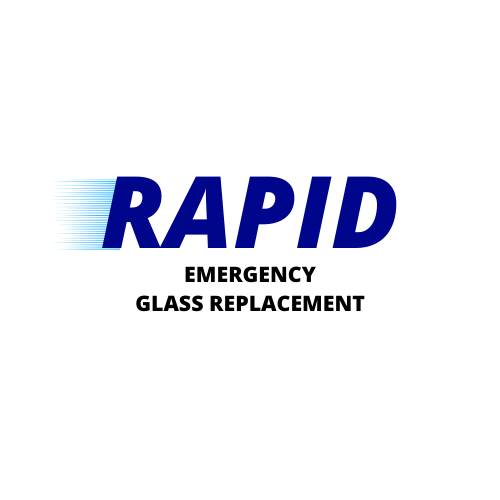Double Glazing
Insulated glass units or double glazing refers to glass which is designed to prevent significant heat transfer in or out of a building. It is achieved by using multiple layers of glass, each being separated by spacers made of plastic or aluminium. The space between the glass is then filled with argon gas to increase it’s insulation ability.
Insulating glass is frequently abbreviated as IGU (insulated glass unit).
Type of Glass in IGU
Glass in an IGU is used to provide natural light and maintain internal temperature conditions and protection from outside conditions. Regular annealed glass was commonly used in traditional IGU’s but more and more window manufacturers are now using Low E glass to further enhance the IGU’s insulating abilities.
Spacers
As the demand for more energy-efficient windows and glass grows, window manufacturers are looking to use spacer technologies to boost their windows’ overall energy efficiency ratings.
The spacer acts as more than just something which seperates the 2 panes of glass in an IGU. Their additional functions include –
- Acting as a temperature buffer by preventing the transfer of hot and cold from one separated pane to another
- Create a tight seal to prevent gas leakage from the Interpane cavity between glass panes.
- Assist in the strength and stability of the IGU
- Improves acoustic performance of the IGU by absorbing sound
Traditionally, spacers were made of aluminium, but modern IGUs are made of plastic because it conducts less heat and thus offers better insulating properties.
Seals
In double- or triple-pane IGU windows, the edges of the glass panes are embedded in a sealing material.
While it appears to be a single seal, it is actually two seals collaborating.
Polyisobutylene is commonly used as the inner sealant.
The outer or secondary sealant functions as an adhesive holding the glass unit together and is typically a silicone, polysulfide, polyurethane or MS sealant.
Gas Used in IGU's
Manufacturers fill the empty space between the panes of glass with a noble gas.
Gas is denser than air and do not expand and contract in response to temperature changes.
The three most commonly used gases are argon, krypton, and xenon.
Argon is more widely available and works well in larger spaces, such as double-glazed units.
Krypton and xenon are less common and perform better in smaller spaces, such as triple or quadruple glazed units.

Rapid Emergency Glass Replacement are the glass replacement specialists in Sydney for windows, doors & shopfronts

